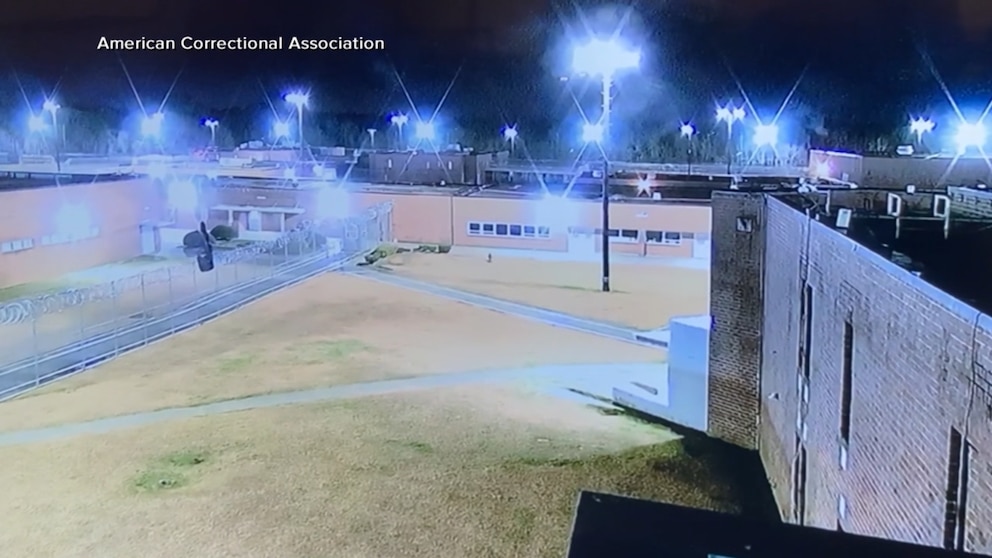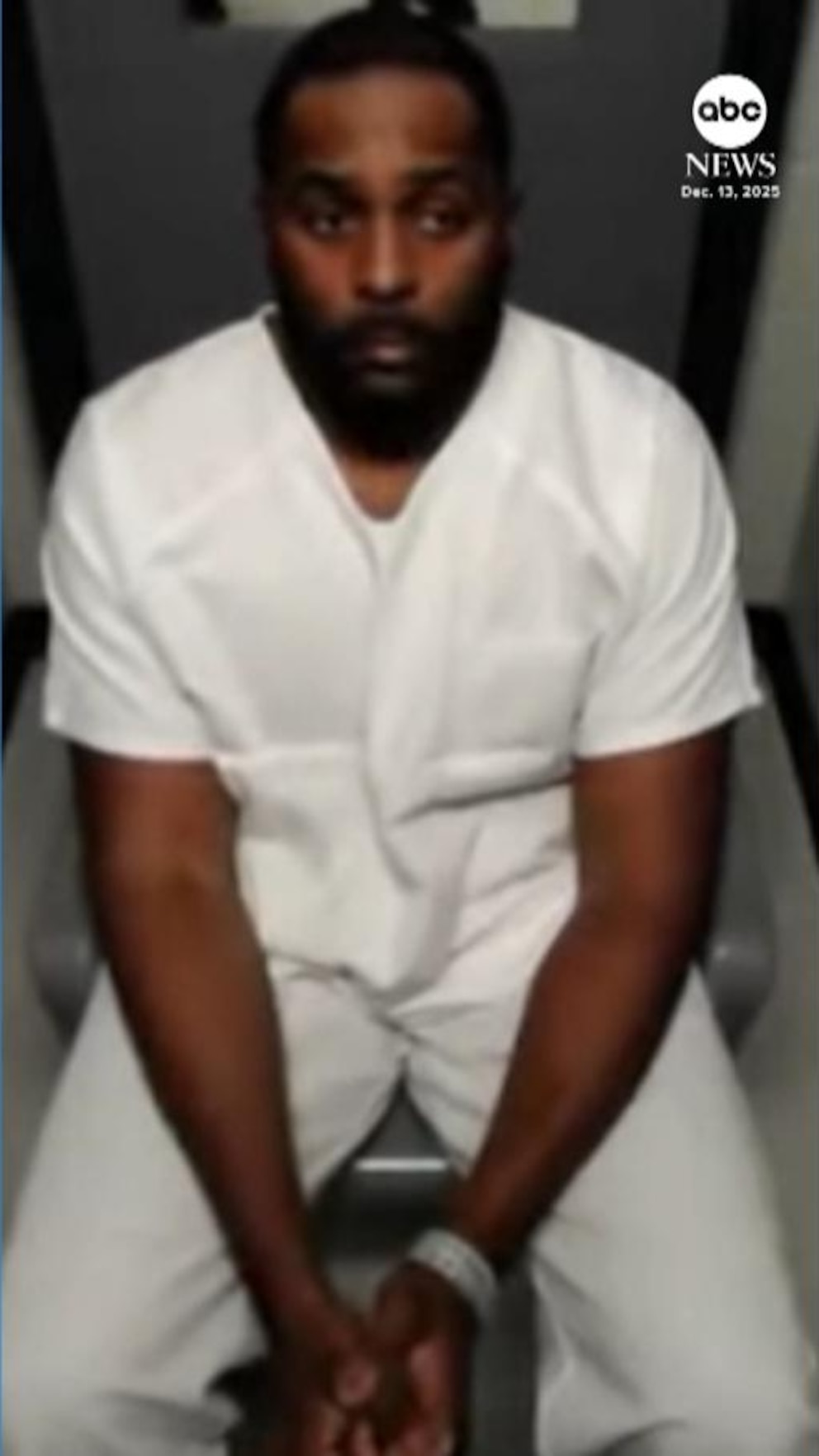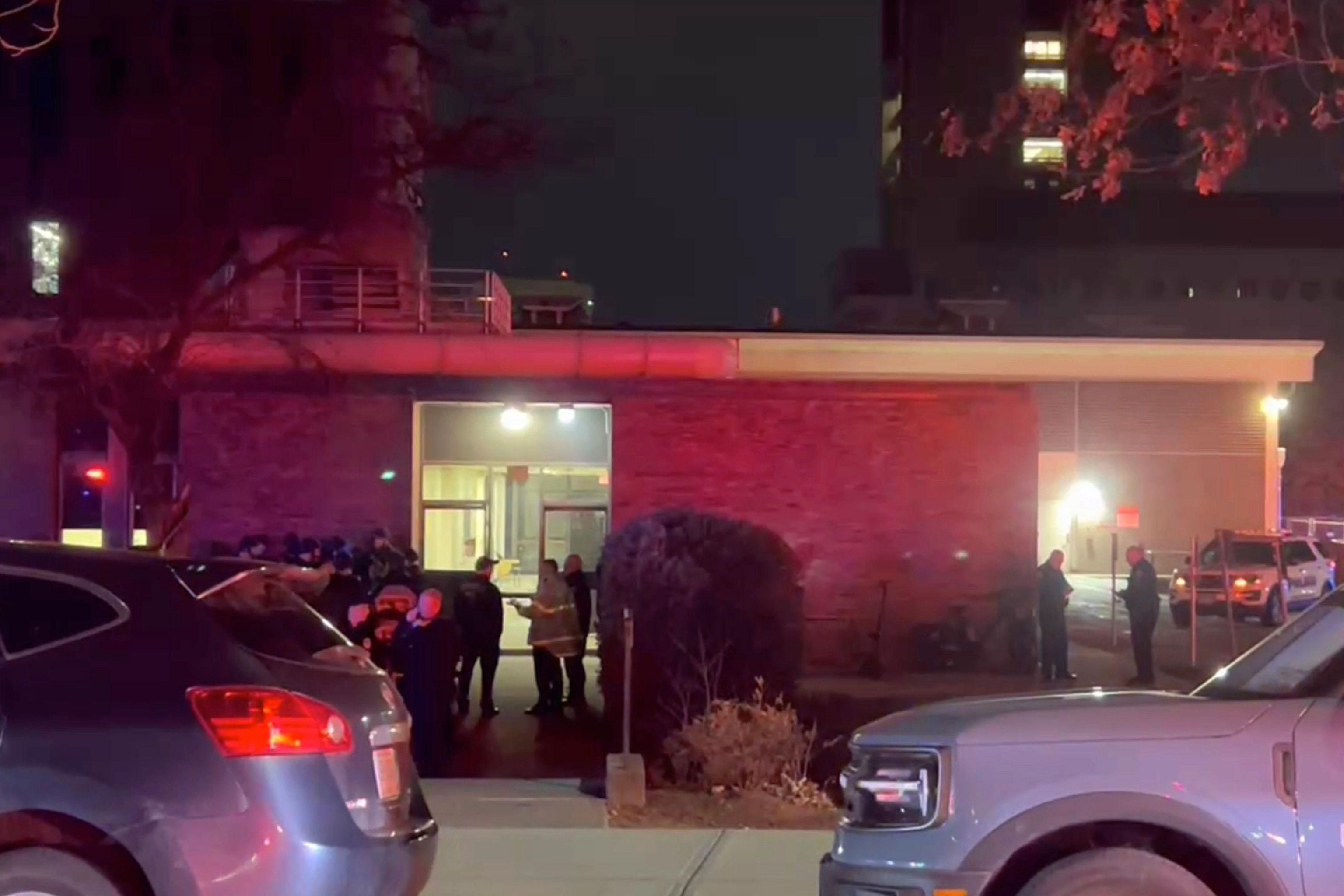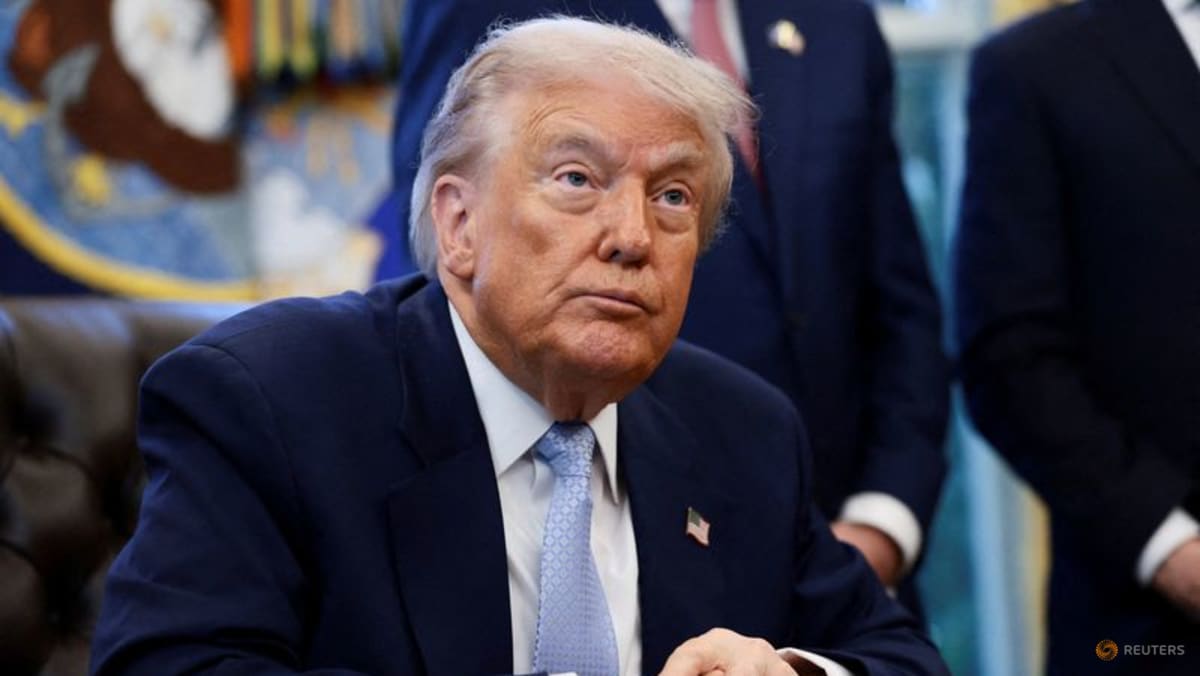House Republicans unveil new rules, one which makes it harder to oust speaker

House Republican leaders formally unveiled their new set of rules for the 119th Congress on Wednesday, which includes a provision that will make it harder to oust a speaker of the House but doesn’t remove the threat.
Speaker Mike Johnson and other top Republicans previewed the change at a press conference in November following GOP leadership elections.
Within the proposed rules package, the motion to vacate rule will now require a total of nine sponsors in order to be considered privileged on the House floor.
“A resolution causing a vacancy in the Office of the Speaker shall not be privileged except if it is offered by a member of the majority party and has accumulated eight co-sponsors from the majority party at the time it is offered,” the rules package states.
Speaker Mike Johnson speaks at a press conference for House Republicans, following their leadership meeting, on Capitol Hill in Washington, Nov. 13, 2024.
Nathan Howard/Reuters
During the last Congress, a single lawmaker was able to force a vote to “vacate the chair” — which former Florida Rep. Matt Gaetz used to remove then-Speaker Kevin McCarthy and plunged the House into chaos for several weeks before Johnson was elected speaker. Historically, this had been the position of the House, but hard-right Republicans used the tool as a threat to remove then-Speaker John Boehner in 2015. Democrats ultimately changed the rules to require the majority of the House to support the motion when they controlled the House but McCarthy was forced to switch the rule back by hardliners when the GOP got the majority back.
After a speaker is elected, the House will hold a vote on the rules package — requiring a simple majority for passage. Democrats are not expected to help Republicans clear this package, so Johnson won’t be able to afford many GOP defections. This is typically the House’s second vote they’ll take after the election of the speaker and swearing-in of members.
Johnson’s reelection as speaker is not a sure thing. The speaker vote comes after a number of House Republicans grew frustrated with Johnson during the final days of the 118th Congress, which saw a bitter fight over spending that nearly caused a government shutdown before Christmas.
And while the nine-member threshold makes it harder to oust a speaker, it does not completely remove the threat.
Freedom Caucus Chairman Andy Harris of Maryland and Main Street Caucus Chairman Dusty Johnson of South Dakota — who negotiated the deal appeared with Johnson at a press conference where they explained the change in November.
“We had an opportunity to set the motion to vacate at a higher than number one, that motion to vacate will be set at nine in return for getting rid of some amendments that probably would have divided this conference,” Dusty Johnson said.

Speaker Mike Johnson speaks as he stands with Rep. Dusty Johnson and Rep. Andy Harris during a press conference for House Republicans, following their leadership meeting, on Capitol Hill in Washington, Nov. 13, 2024.
Tasos Katopodis/GettyImages
He said the agreement allows Republicans to be “in a better position to move forward with the Republican agenda to make sure that Speaker Johnson, South Dakota Senate Leader John Thune and our President Donald Trump have an opportunity to go forward.”
“For me this is exactly how we’re supposed to come together,” Dusty Johnson said.
Harris said the change allows the conference to execute on Trump’s plans.
“We’ve been able to work across the conference to eliminate the controversial issues that could have divided us and move forward together to deliver on the President’s agenda. That’s it,” Harris said.
Earlier this year, Georgia Republican Rep. Marjorie Taylor Greene filed a motion to vacate the speaker’s chair, threatening to oust Johnson just months after he ascended to the speakership. When she officially triggered a vote on her motion to oust Johnson, Democrats joined almost all Republicans to overwhelmingly reject her move.
Source: abc news















